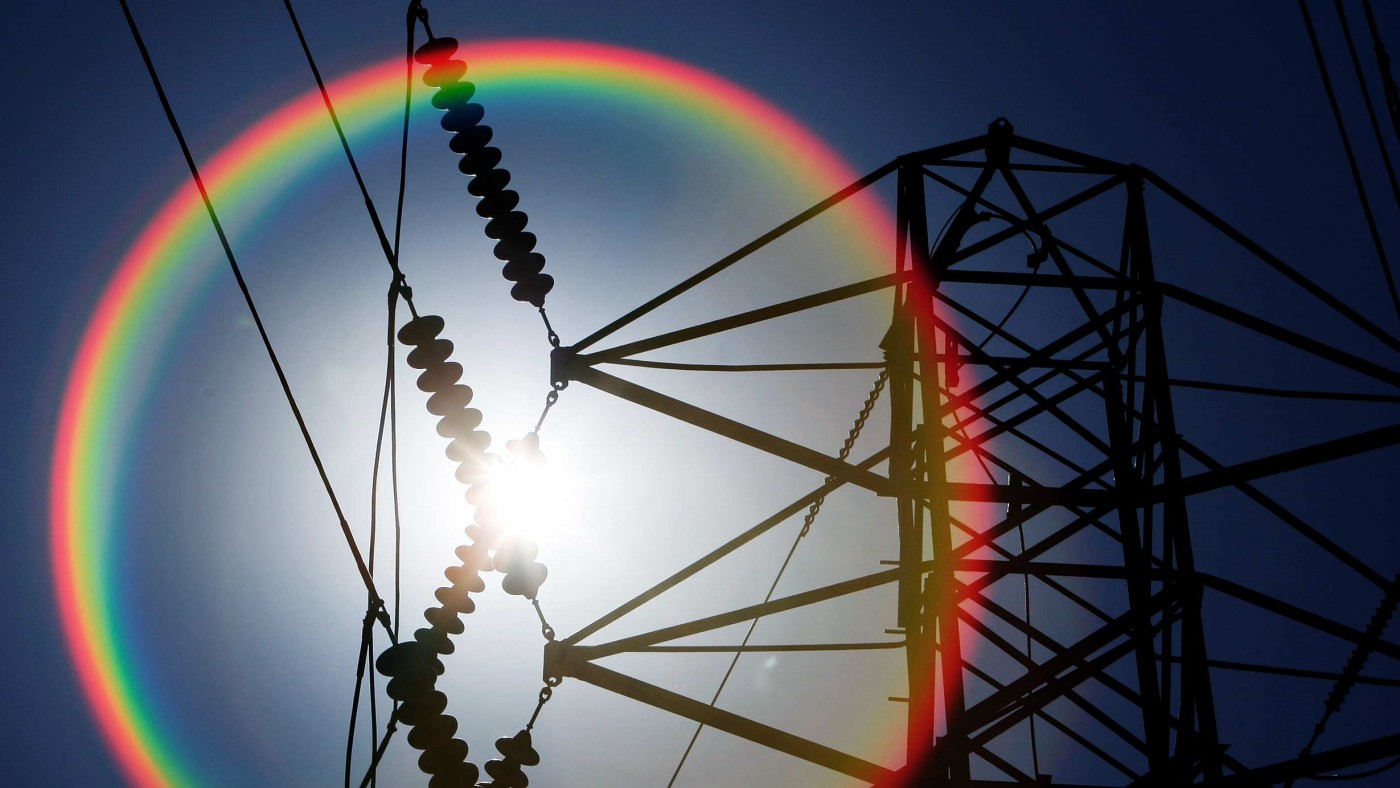The next president will inherit one of the weakest economies in modern times. Although, the economy has been growing since 2009, the rate of growth has only averaged 2.1% according to the Bureau of Economic Affairs, while in the prior decades it averaged over 3% annually. Slow growth, this year only averaging 1%, acts as a brake on job creation, wages, and new investment.
The next president would do well to understand that wishful thinking about alternative energy sources, excessive regulation, and a less than encouraging investment climate have contributed to our economic anemia. The war on fossil fuels, especially coal, has been particularly damaging because energy is an essential resource for our economy. It powers our factories, heats and cools our homes and commercial buildings, all other facilities, and fuels our transportation system.
The Institute for Energy Research put it this way, “Affordable energy allows the economy to become more efficient, lowers the cost of goods, and saves us money… Affordable and abundant energy is a crucial component of a strong economy. Low domestic energy prices help keep jobs at home by lowering thecost of producing goods and services in the United States. This increases our competitive advantage”.
Currently, fossil fuels provide 81% of the energy consumed in the US in spite of efforts to substitute alternative sources into our economy. Indeed for the past 100 years, fossil fuels have provided 80% of our energy according to EIA. Because fossil fuels are abundant and relatively low cost, easy to transport, have high energy density, and provide more value than alternatives, alternatives are not cost competitive. For these reasons, it is a mistake to try to substitute higher cost sources of energy through subsidies and various forms of mandates. Doing so, generally results in either less output or higher prices.
A growing economy to support a growing population requires more economic output and that makes inexpensive energy not only desirable but also an essential input in the production process. Professor David Stern in his paper Economic Growth and Energy establishes the causal relationship between energy and economic growth and his later work demonstrates that energy scarcity imposes strong constraints on economic growth. Abundant and lower cost energy makes it possible to produce more, while relative scarcity requires that labor substitute for energy consuming machines and equipment. And, as the abundance of energy increases it is an incentive to investment in labor saving equipment. These are key factors in understanding the value of fossil fuels. Abundance reduces the cost of energy, which enables economies to produce more and expand more rapidly.
Since alternative energy sources are less abundant and affordable without substantial subsidies, the next Administration will be confronted with a major trade-off: more economic growth and slower growth in alternatives or faster growth in alternatives and slower economic growth. It should take a hard look at the German experience. Its aggressive alternative energy program is instructive. Germany’s electricity costs are 3 times the US average. If we continue to force coal out of our energy budget, our power costs will go the same way and the economic consequences will be more stagnation. The same holds true for the CAFÉ program that is currently under review to determine whether the 54.5 average in 2025 should be relaxed. It should because that mandate will further increase the price of light duty vehicles at a time when sales are beginning to weaken.
Actions have consequences. Environmental zealotry and the uncertainty that is produced along with its higher costs will further penalize our economy and its struggling middle class.


